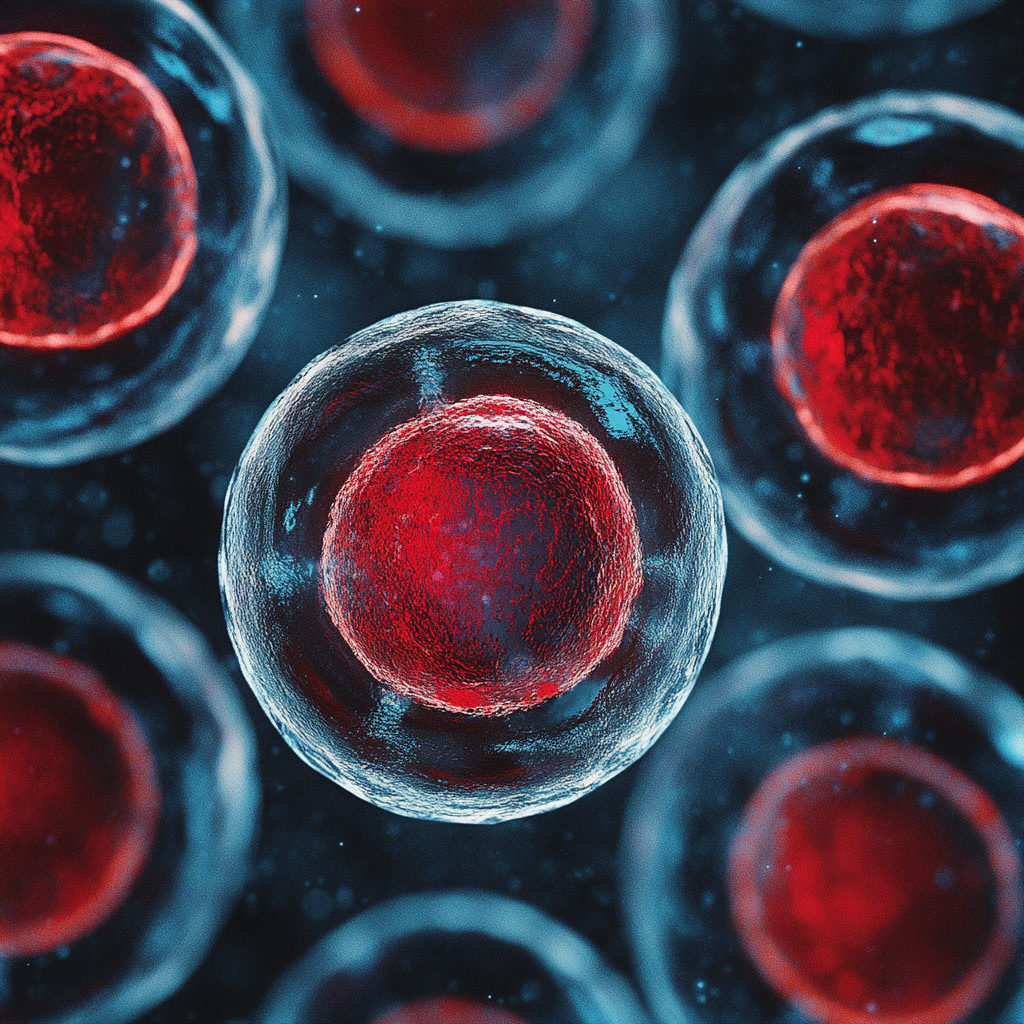Clinical Importance
Aspirin and intravenous immunoglobulin (IVIG) are commonly used to treat Kawasaki disease (KD) to help prevent heart issues. However, hospitals don’t always agree on the right dose and duration of aspirin treatment. More large studies are needed to understand how effective high-dose aspirin really is.
Study Goals
This study aimed to compare the effectiveness of IVIG alone versus IVIG combined with high-dose aspirin in treating children with KD. It also looked at how treatment works for different subgroups of KD patients.
Study Overview
Children under 6 diagnosed with KD were recruited from multiple hospitals in Taiwan. They received either IVIG with aspirin or IVIG alone, and their health was monitored at 6 weeks and 6 months after treatment.
Treatment Details
The standard group got IVIG along with high-dose aspirin. The intervention group received IVIG only.
Main Findings
Among 134 patients, both treatment groups showed a reduction in heart problems over time. However, there were no significant differences between the two groups regarding the occurrence of coronary artery lesions (CALs). This means that adding high-dose aspirin didn’t provide extra benefits for reducing heart issues in these children.
Conclusion
IVIG is as effective as IVIG with high-dose aspirin for treating KD in children. More research is needed to see how well this treatment works across different populations.
Next Steps for Clinics
1. Establish clear goals for using IVIG in treating KD.
2. Measure treatment outcomes effectively to improve patient care.
3. Consider incorporating artificial intelligence (AI) tools tailored specifically for managing KD treatment.
4. Launch pilot projects to test the effectiveness of AI solutions based on this study’s findings.
Contact for AI Solutions
If you’re interested in AI solutions for medical management, reach out via:
- Telegram: https://t.me/itinai
- X: https://x.com/vlruso
- LinkedIn: https://www.linkedin.com/company/itinai/




























